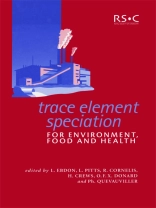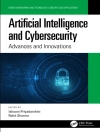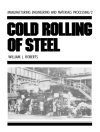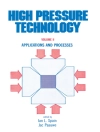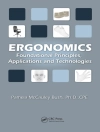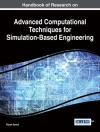The ongoing progress of science has shown that it is important for analytical scientists to determine not only the presence of particular elements, but also their species. There are many fields where this is applicable, and where there are a number of topics to be addressed. Developing separation and measurement systems for the many element species has tested the resourcefulness of analytical chemists over recent decades. A product of the EU sponsored Speciation 21 Network, this book presents a detailed review of the state-of-the-art of speciation issues in the occupational health, food and environment sectors, along with the main conclusions arising from discussions held during expert meetings. Topics covered include mercury and organotin compounds in the environment; factors affecting the health of workers; the importance of speciation of trace elements for health, and subsequent metabolism in the body; analytical methodologies; risk assessment; and legislation. Trace Element Speciation for Environment, Food and Health provides an insight into applied research in the speciation field and how it has become so important in all the fields represented. With its comprehensive coverage, it will be of particular interest to researchers in industry and academia, as well as government agencies and legislative bodies.
สารบัญ
IUPAC Definitions for Terms Related to Chemical Speciation and Fractionation of Elements;
General Aspects : Accuracy and Traceability in Speciation Analysis;
Quality Control in Speciation Analysis;
Sample Treatment and Storage in Speciation Analysis;
Aspects of the Threshold Limit Concept;
Considerations of the Legislative Aspects of the Data Quality Requirements in Trace Element Analysis;
Environment : Metal Speciation for Improved Environmental Management;
Mercury – Do We Know Enough?;
Organotin Compounds in the Environment: Still a Critical Issue;
An Environmental Case History of the Platinum Group Metals;
Speciation in the Frame of Environmental Bio-monitoring – Challenges for Analytical and Environmental Sciences;
Arsenic Speciation in the Environment;
Rapid Tests – A Convenient Tool for Sample Screening with Regard to Element Speciation;
Food : The Importance of Trace Element Speciation in Food Issues;
Trace Metal Speciation – A View From Inside the Food Industry;
Trace Element Speciation in Food: A Tool to Assure Food Safety and Nutritional Quality;
Arsenic Intake in the Basque Country (Spain): A Real Need for Speciation;
Trace Element Speciation and International Food Legislation – A Codex Alimentarius Position Paper on Arsenic as a Contaminant;
The Need for Speciation to Realise the Potential of Selenium in Disease Prevention;
Health : The Importance of Speciation of Trace Elements in Health Issues;
Occupational Health and Speciation using Nickel and Nickel Compounds as an Example;
Surface Structure and Speciation of Metal Aerosols: A Key to the Understanding of their Biological Effects;
The Importance of Chromium in Occupational Health;
Speciation Related to Human Health;
Risk Assessment and Trace Element Speciation;
Overview ;
Subject Index.
